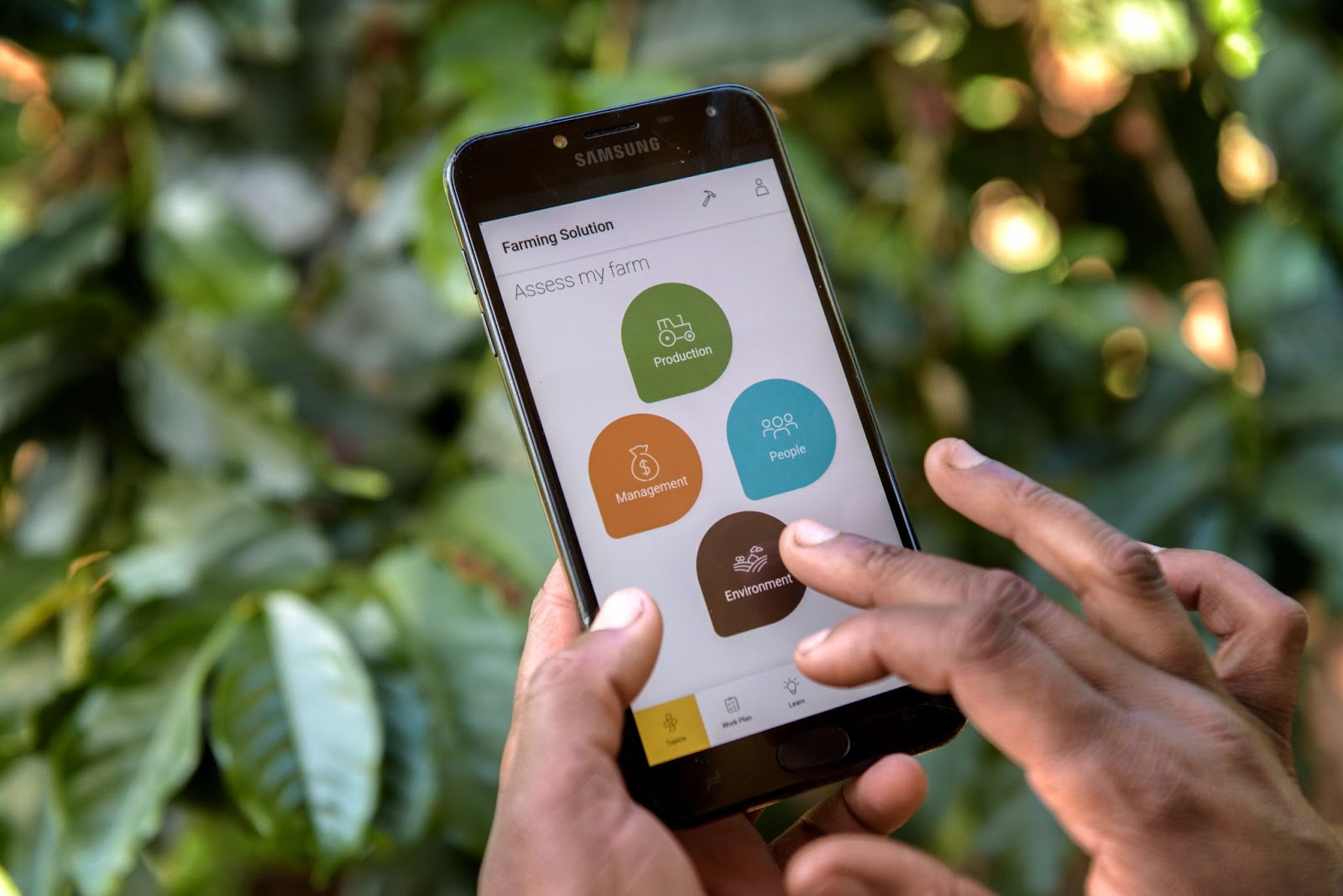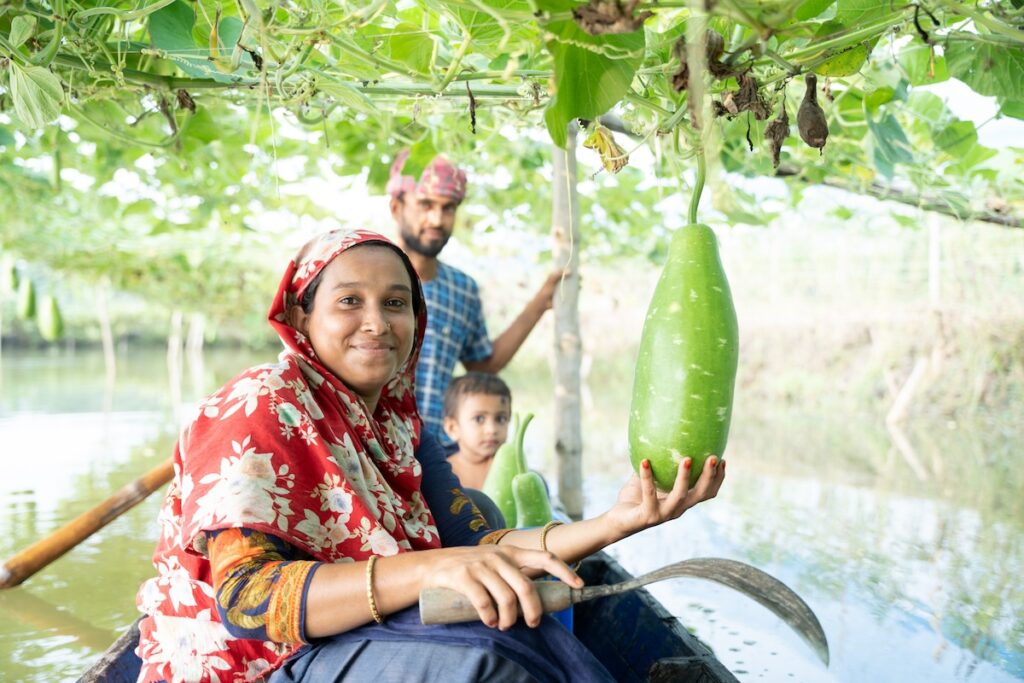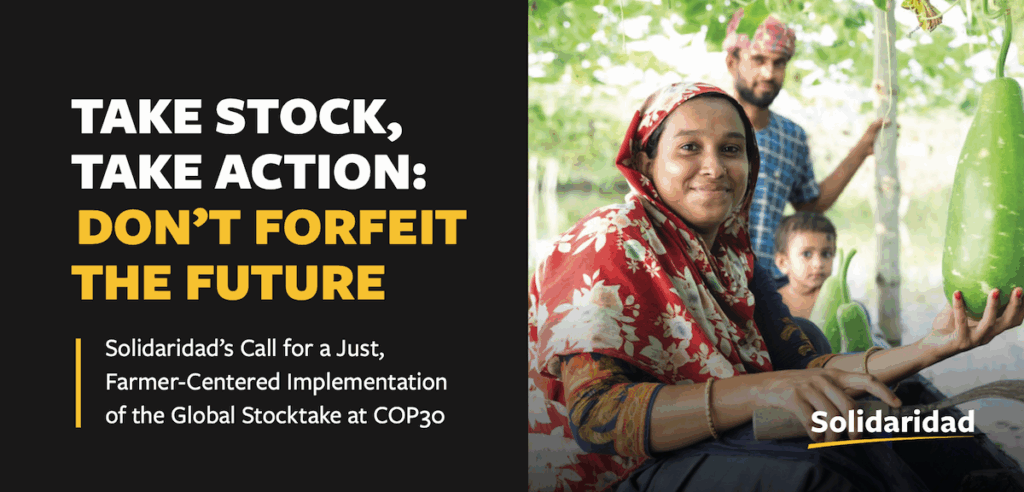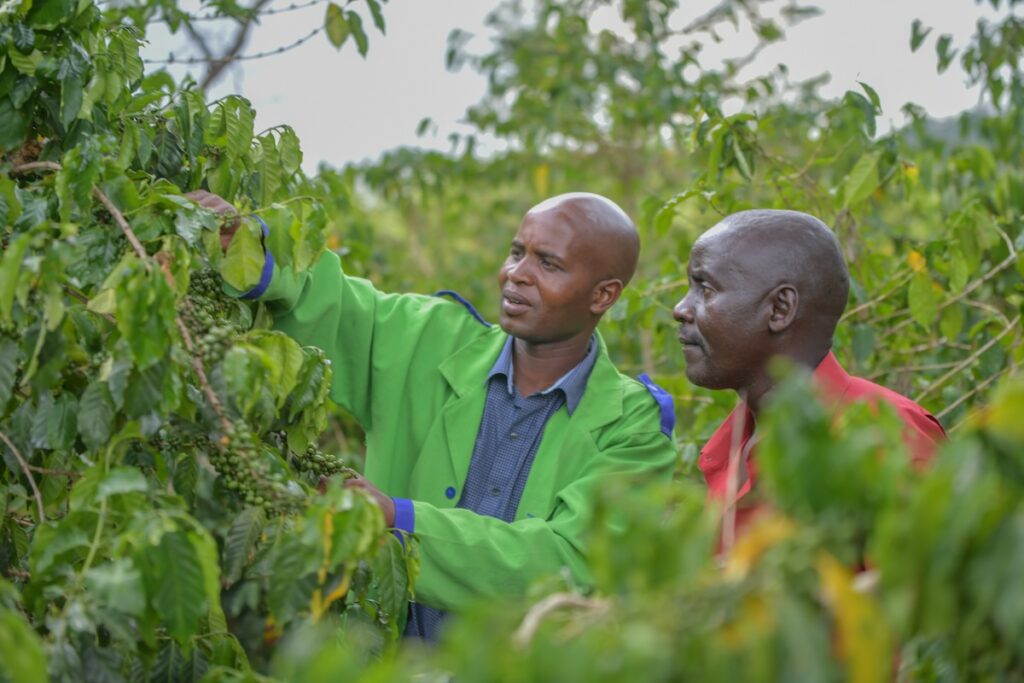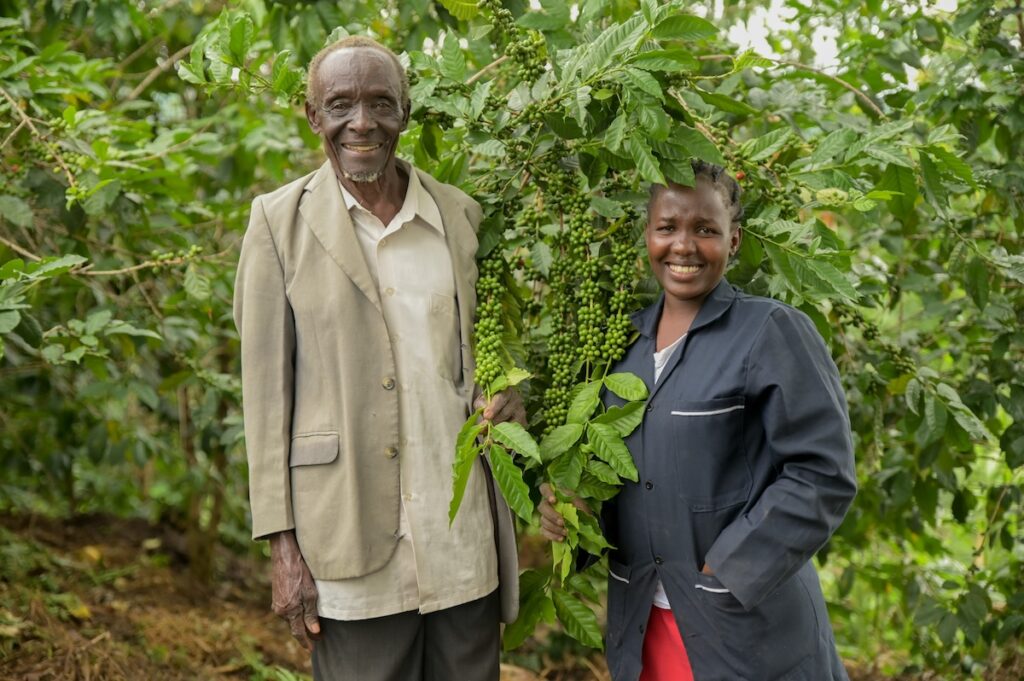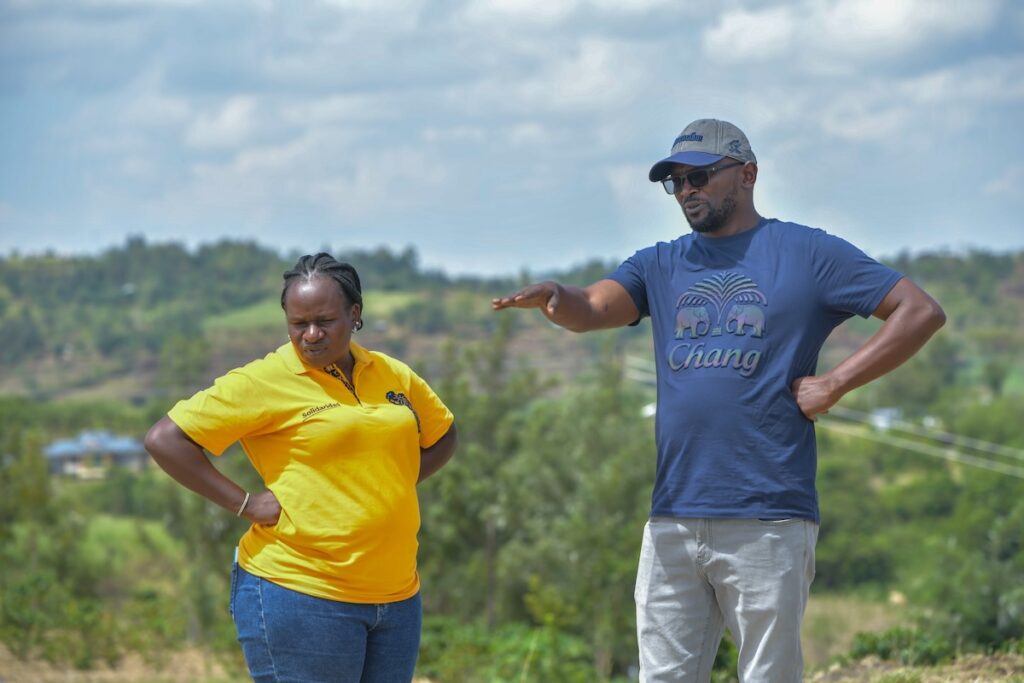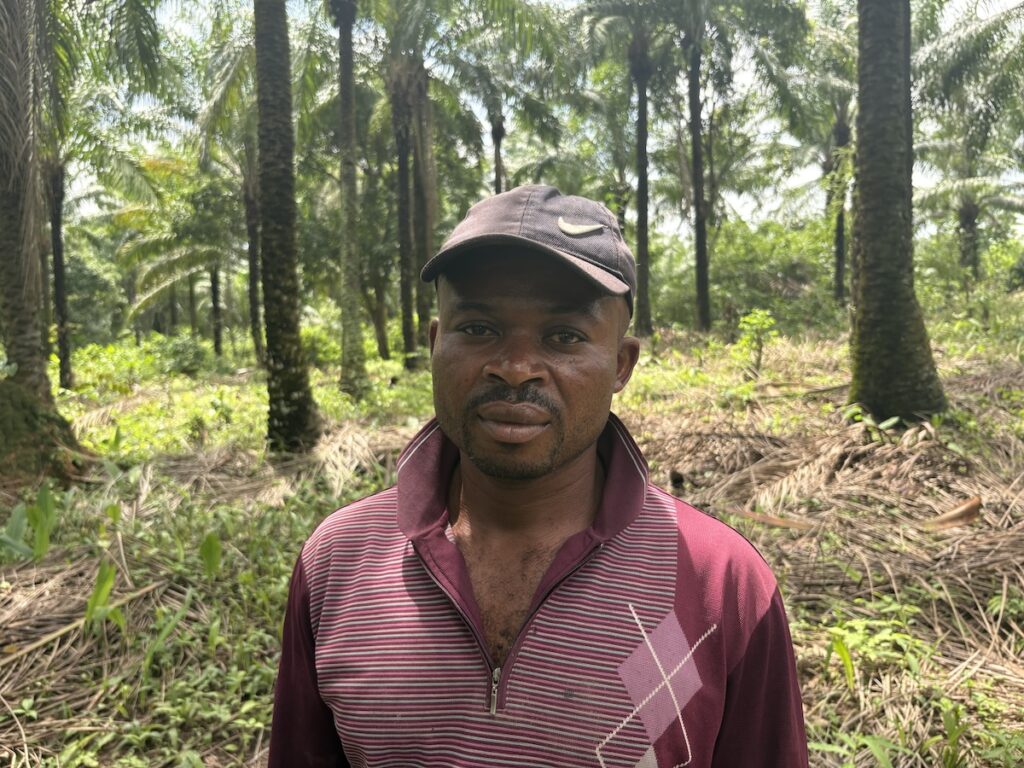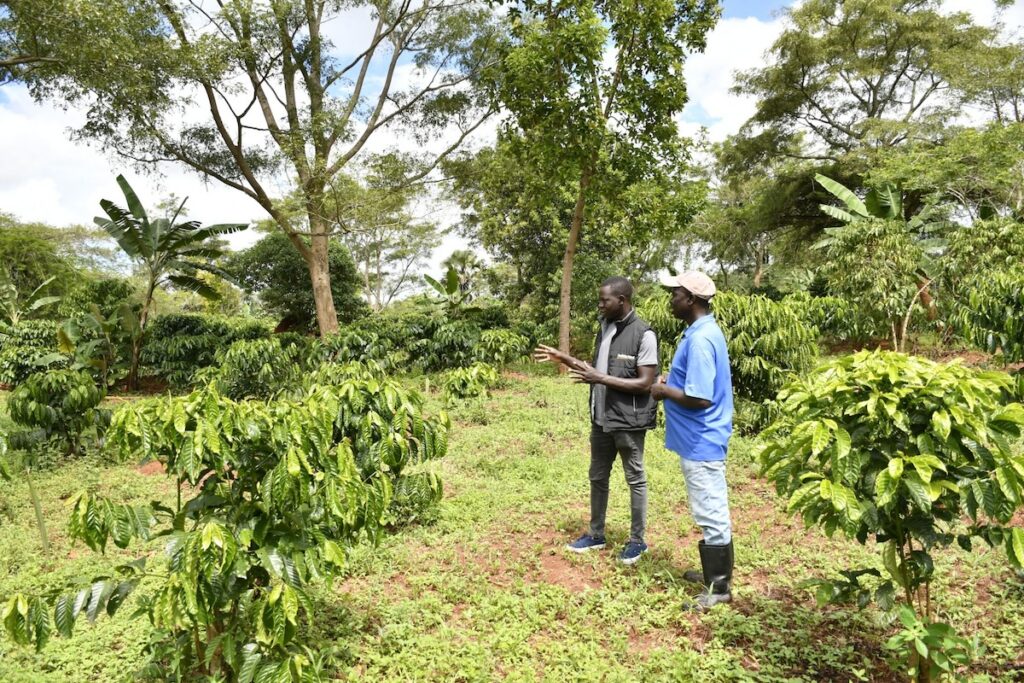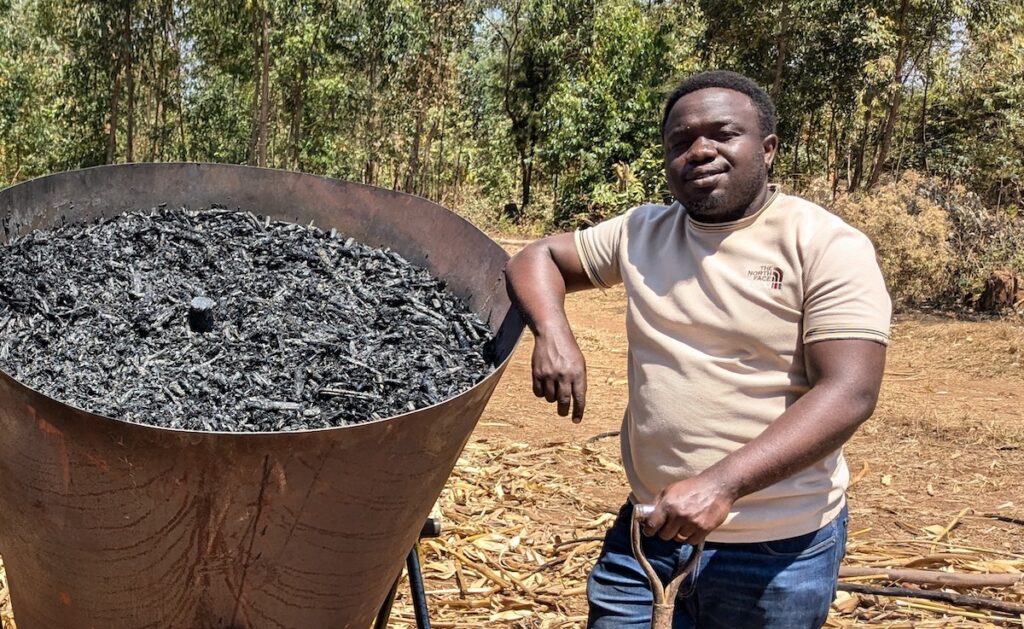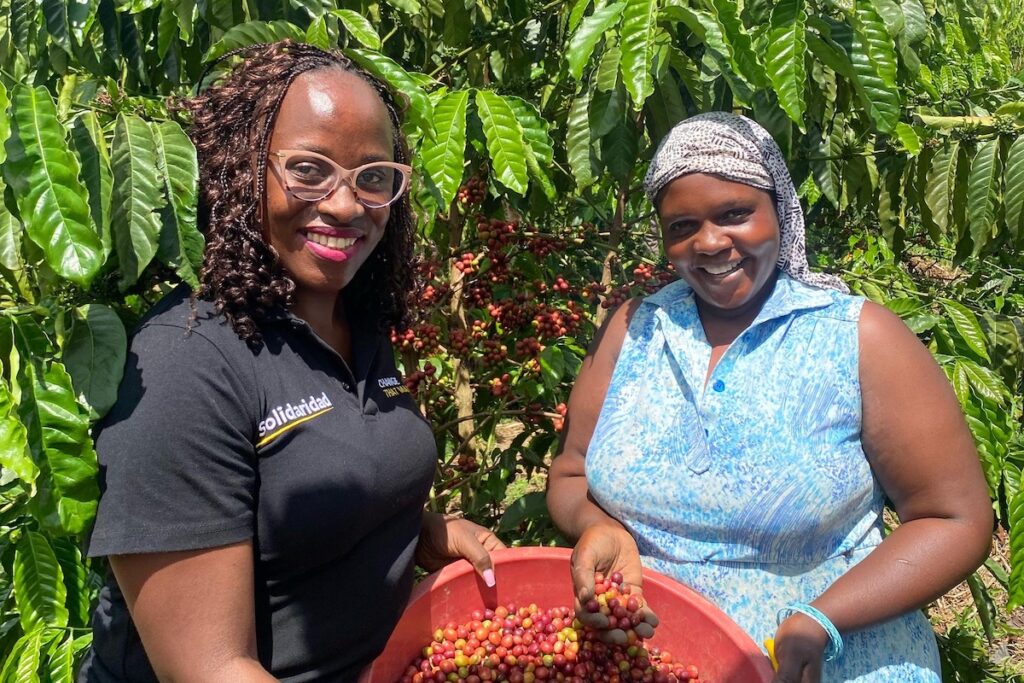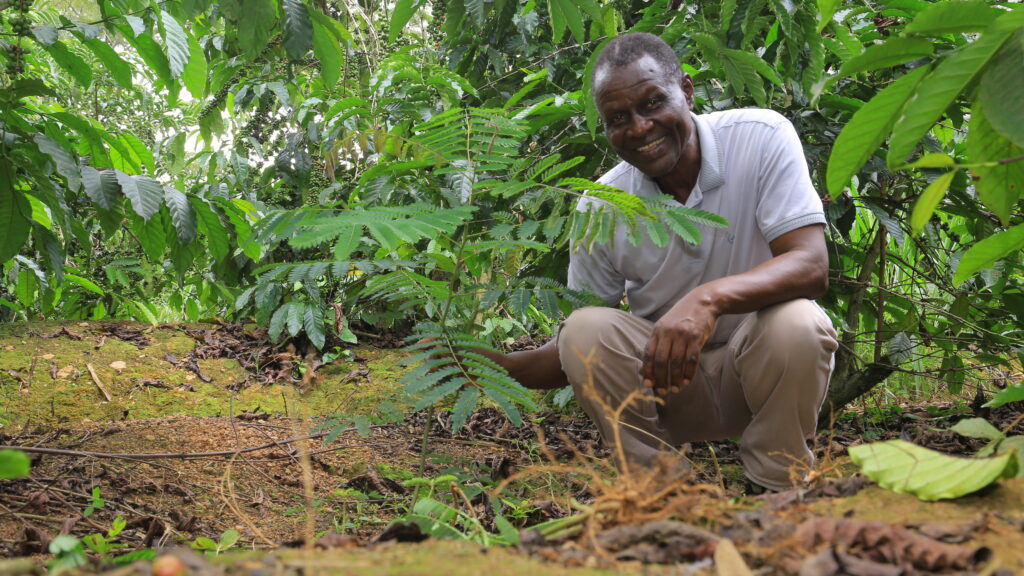Globally, technology is an important driver of productivity (quantity & quality), growth, and market competitiveness – it plays a key role in catalyzing new business opportunities, shaping global trade dynamics, and creating transparency for global value chains. On the other hand, trade deals play a critical role in stimulating economic growth and technological advancement, while contributing to sustainable development pathways. The dynamic nature of innovation and technology presents unique challenges and opportunities.
Technology and global trade are intrinsically linked as technological advances are key for accelerating improved information and communication, transport, and e-commerce – all drivers of economic growth and development. This has made it easy for various sector players to access and exploit valuable market information, expert technical data, human capital, new innovations and knowledge, and find new ways of doing business. The result – more individuals and companies that are able to easily engage and benefit from international trade. On the other hand, the – technology/digital divide – continues to widen the gap and therefore, preclude millions in some countries from fully exploiting the opportunities that lie in global value chains.
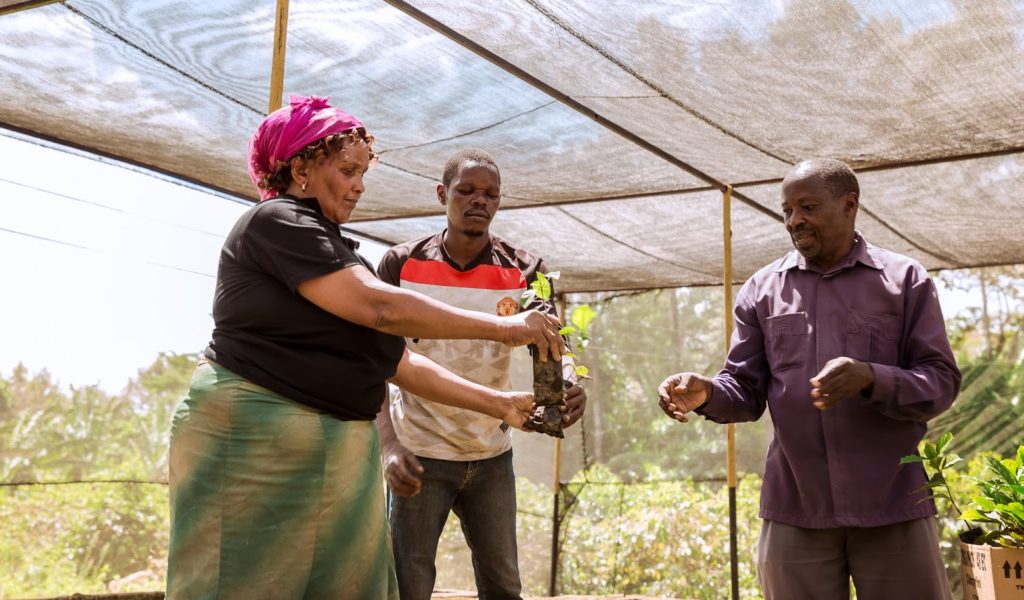
Accelerating women’s leadership
Speaking during the United Nations Global Compact – 2021 Leadership Summit dialogue, Rachel Wanyoike noted that Covid-19 presents unique opportunities to reset, reinvest, and reevaluate global supply chains.
Leveraging innovation in trade deals (at a global, regional and local level) means finding the fine balance between improving productivity, reducing the cost of production and trade, and facilitating compliance with (global) mandatory and voluntary standards. Trade policy and measures, such as tariffs, incentives, rewards, or other restrictions (taxes, bans, and customs procedures) are generally used to regulate bilateral and multilateral trade – however while trade deal agreements play a facilitative role, there have been concerns on the growing barriers to equitable international trade and market access. At the same time, market distortion remains a major bottleneck for example, with the higher trade barriers for agro-foods in comparison to industrial goods. The same goods are more likely to be regulated by more non-tariff measures, including regulations and quotas.
Recognizing the ‘Barriers to Entry’
Against this backdrop, the Economist hosted a panel discussion during the Global Trade Virtual Week on July 01, 2021 to discuss practical approaches on how to ensure that new technologies and trade deals protect against a race to the bottom for farmers and food standards. Speaking during the panel discussion, Ms. Rachel WanyoikeManaging Director of Solidaridad East, Central and Southern Africa highlighted suboptimal alignment of international, regional and national agenda as a major stumbling block. The same is replicated in the compliance, standards and protection measures.
Lack of alignment between global, regional and national agendas translates to barriers to entry for smallholder farmers/producers in sub-Saharan Africa. Creating opportunities and reward systems to facilitate more farmers to move from subsistence to business-oriented production that is aligned with the global trade standards is therefore still a challenge.
Rachel Wanyoike, Managing Director for Solidaridad East & Central Africa
Furthermore, limited capacities among smallholder farmers in Africa continue to stifle access markets. Inadequate investment in compliance and technologies at regional and national levels also means that more farmers will continue to face unprecedented challenges in trying to enter global markets.
“Aligning trade policies is critical in fostering the implementation of incentives models that will create pathways for better outcomes especially for smallholder farmers and producers in the continent of Africa,” Ms Wanyoike continued.
Reframing ‘Sustainability’ for Smallholder Farmers
To create pathways and an enabling environment, Solidaridad continues to ‘reframe/unpack’ sustainability. Our aim is to align trade policies with a holistic approach to promoting best practices in agriculture value chains. In our work, we strive to define sustainability in the contexts of sustainable productivity (production & quality), consumption, and even trade. We work closely with farmers (and producers) to translate sustainability approaches from ‘theory’ to ‘practice’. Solidaridad also advocates for effective policies that ingrain sustainability as business as usual practices.
“We strive to change the position of farmers through building their capacity. In all our work, Solidaridad aims to amplify the voices of farmers and provide meaningful platforms for producers to contribute to global dialogue. We put farmers/producers in the forefront as the receivers of international, regional and national policies, to enable them to effectively align with trade policies – but we want to also prepare them to be contributors to policy engagement,” Ms Wanyoike added.
Specifically, we work with smallholders to create strong competencies to drive competitive innovations and improve market access.
Business ecosystems are evolving rapidly, and sustainability approaches have become key drivers of opportunities such as ‘green jobs’. One of our strategies is to position smallholders to access such market opportunities for business growth.
RACHEL WANYOIKE, MANAGING DIRECTOR FOR SOLIDARIDAD EAST & CENTRAL AFRICA
Digitization of Supply Chains
Digitization is critical in driving informed decision making and building supportive business systems that are efficient, effective and anchored on principles and standards, such as compliance on quality standards. Solidaridad considers digital innovation as critical to value chain development to drive reduction of production costs, improve productivity, and enhance production practices including waste reduction and promote sustainable livelihoods in sub-Saharan Africa. We integrate digital solutions in information management and dissemination to foster evidence-based decision making at various levels (including production).
“In East and Central Africa, Solidaridad is working to develop and implement various digital solutions including tools to enhance ‘traceability’ for local produce in the global markets. The overall goal is to better serve the markets but most importantly, to increase the benefits for smallholder farmers,” Ms Wanyoike noted.
About the Global Trade Virtual Week

The Global Trade Virtual Week panel discussion – ‘How do we ensure that new technologies and trade deals protect against a race to the bottom for #farmers and #food standards?’ was held on July 1st, 2021.
The session panelists included Darci Vetter, GM Public Affairs, Vice-Chair Agriculture and Trade, Edelman and Former Chief Agricultural Negotiator for the Office of the USTR, Tilman Eichstadt, Senior vice president, supply, product and sustainability, HelloFresh and Richard Griffiths, Chief executive officer, British Poultry Council. The discussion was moderated by Prof. Christopher Elliot, Professor of food safety, Queen’s University Belfast.

